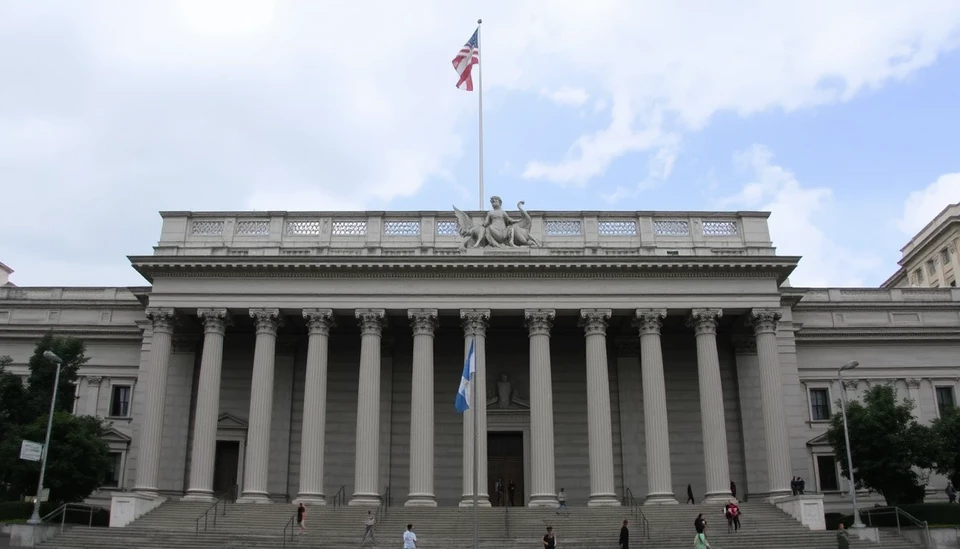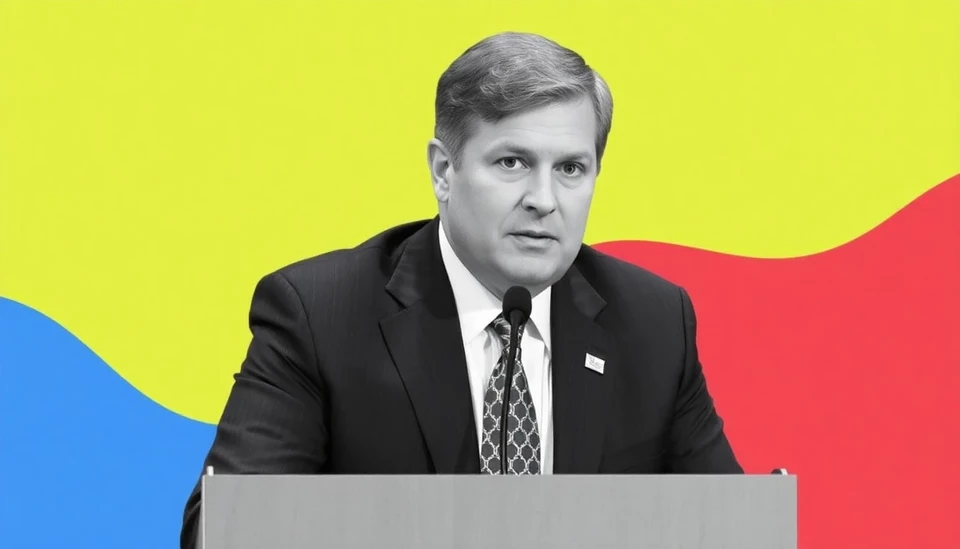
In a significant shift to stabilize its beleaguered economy, Argentina's central bank has announced steps to embrace dollarization as the nation grapples with soaring inflation and declining purchasing power. The move comes as local currency politics face scrutiny and the government seeks to regain control over a financial landscape that has left many citizens struggling.
As part of these proactive measures, the central bank is not only holding interest rates steady but is also implementing strategies intended to bolster the dollar's role in the economy. This initiative is seen as a response to deep-seated concerns over the Argentine peso's value, which has rapidly diminished, prompting citizens to favor the dollar over their own currency.
Recently, Argentina's inflation reached historic heights, surpassing 140%, leading many households to reconsider their savings and investment options dramatically. The continuing economic instability has pushed various sectors to request the dollar be adopted more widely for transactions, arguing it will help stabilize prices and restore confidence among consumers and investors alike.
The central bank's resolution to sustain interest rates is regarded as a tactical decision aimed at preventing further depreciation of the peso. Analysts suggest that maintaining a level interest rate can help solidify confidence in the banking system, safeguarding savings from inflationary pressures. This decision has garnered mixed reactions from market participants; while some view it as a necessary safeguard, others express apprehension regarding the long-term implications of such monetary policies.
Moreover, as Argentinians increasingly resort to the dollar for their economic dealings, the government is faced with the challenging task of managing the transition without triggering further economic disarray. Some experts advocate for a more comprehensive approach, urging the government not only to consider increasing dollar availability but also to reform fiscal policies to address ingrained issues that have plagued the economy for years.
The implications of dollarization are complex. On one hand, it could lead to enhanced financial stability by curtailing hyperinflation and re-establishing trust in transactions. On the other hand, it risks undermining the central bank's control over monetary policy and potentially exposing the economy to external shocks. The Argentine government is thus at a crossroads, balancing immediate needs against long-term sustainability.
As the nation navigates these philosophical and practical dilemmas, political volatility continues to cast a long shadow over economic prospects. Recent elections have ushered in leaders who may prioritize dollarization, fueling speculation about future policy directions. Market watchers are keenly observing these developments, as they might have significant repercussions not only for Argentina but also for the broader South American economic landscape.
The road ahead remains fraught with challenges, but the Argentine government’s current stance reflects a growing acknowledgment that decisive action is required to restore economic viability and public confidence. The coming months will be critical as both the central bank and government work in tandem to stabilize the situation and mitigate the effects of prolonged economic mismanagement.
In conclusion, Argentina's journey towards dollarization could potentially redefine its economic trajectory, offering either a path to recovery or a gateway to new challenges. Stakeholders within the country and beyond are adamant that the success of these measures will hinge on careful navigation of the current turbulent financial waters.
#Argentina #CentralBank #Dollarization #Economy #Inflation #FinancialStability #ArgentinePeso #EconomicPolicy #MarketWatch
Author: Daniel Foster




